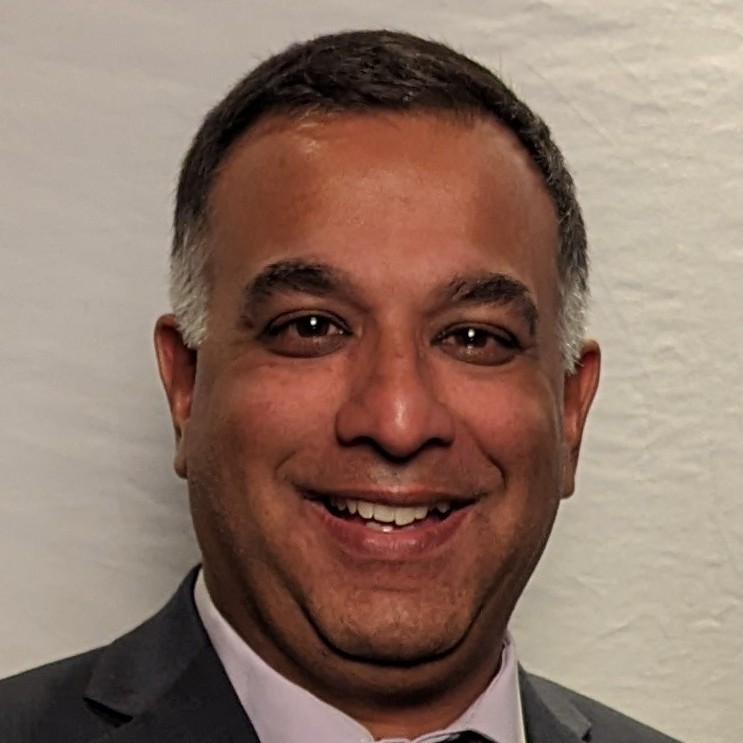All Ontarians should have access to a health-care team, report urges
The OMA has pinpointed the expansion of team-based care as a key solution to the crisis in primary care in Ontario.
The newly released Prescription for Ontario: Doctors’ Solutions for Immediate Action calls to expand access to team-based care for all Ontarians when and where they need it.
Currently, many patients with complex health needs find their access to different health-care providers is disjointed and fragmented, the report says.
As well as improving the quality of care for patients, increasing team-based care also has the potential to improve two other major issues in primary care – the number of unattached patients and physician burnout.
As of March 2022, 2.2 million Ontarians were without a family doctor, according to a study conducted by INSPIRE-PHC, an increase from 1.8 million in March 2020. That is expected to only get worse, with 40 per cent of family physicians considering retiring in the next five years, according to the 2022-23 OMA member survey. A survey conducted in May by the Ontario College of Family Physicians found that two-thirds of its members are planning to make a change in their practice model, reduce their hours or retire in the next five years.
“If we look at some of the administrative tasks that family physicians are currently responsible for, and find ways through team-based support...we can create more capacity within the system and family physicians can spend more time with patients" – Dr. Mekalai Kumanan

Dr. Mekalai Kumanan is president of the Ontario College of Family Physicians, which was one of the organizations the OMA consulted as it was developing the Solutions Report. She said any improvement in the work lives of family doctors will benefit the system as a whole.
Dr. Kumanan said her organization appreciates the focus the OMA’s reports (including the Prescription for Ontario: Doctors’ 5-Point Plan for Better Health Care, the Prescription for Northern Ontario and the Prescription Progress Report 2023) have on ensuring the system is strengthened, starting with primary care by supporting family physicians.
“Additionally, if we look at some of the administrative tasks that family physicians are currently responsible for, and find ways through team-based support, technology and eliminating some of the tasks that aren’t needed to reorganize the work, we can create more capacity within the system and family physicians can spend more time with patients.”
Dr. Mekalai Kumanan is president of the Ontario College of Family Physicians.
Despite the proven benefits for both patients and physicians, access to team-based health care is currently limited in Ontario. Only 30 per cent of Ontario’s family doctors practise in models with access to government-funded team-based support.
The provincial government recently announced that it would provide a $30 million investment to expand and create new interprofessional teams. But the Solutions Report argues that more support will be needed to create an equitable system. The OMA wants the remaining 70 per cent of family doctors who do not have access to primary care teams to have equal access to a team of providers for their patients.
“Community practices – of all funding models – and their patients will need support to remain viable. I hope that funding flows out equitably. Otherwise, we would be throwing the baby out with the bathwater as another level of inequity further strains community practice” – Dr. Riva Levitan
 Dr. Riva Levitan is a family doctor in Ottawa working in a small office practice within a new Family Health Organization. She agreed that it’s a question of equity.
Dr. Riva Levitan is a family doctor in Ottawa working in a small office practice within a new Family Health Organization. She agreed that it’s a question of equity.
“Groups and individual family physicians in the community provide the bulk of the community health-care office infrastructure our province has depended on,” she said.
New funding is needed to provide team-based care in all models of community practice, she added.
“Community practices – of all funding models – and their patients will need support to remain viable. I hope that funding flows out equitably,” she said. “Otherwise, we would be throwing the baby out with the bathwater as another level of inequity further strains community practice.”
Dr. Sundeep Banwatt is a family physician in Mississauga and the clinical director for CarePoint Health, an interprofessional, integrated primary care centre that is affiliated with family physicians in the region and extends team-based care services to physicians who affiliate with them directly.
Dr. Riva Levitan is a family doctor in Ottawa.
“In family medicine, there are a lot of solo and small groups of providers who don’t have access to team-based care. As clinical director at CarePoint, our goal and our mission has been to connect team-based care services to any physician, regardless of patient enrolment model, regardless of if they’re fee-for-service, solo, group practice or family health organizations,” he said.
“Team-based care is an important part of a patient’s needs for their health care, but it’s also integral in terms of the work I do as a family physician, as it allows me to affect other parts of health that are not traditionally thought of as the medical part of health”– Dr. Sundeep Banwatt
 CarePoint’s goal is to extend the availability of team-based care by connecting doctors who work alone with allied professionals in their community, Dr. Banwatt said.
CarePoint’s goal is to extend the availability of team-based care by connecting doctors who work alone with allied professionals in their community, Dr. Banwatt said.
He added that more equitable availability of team-based care will also allow physicians to address the social determinants of a patient’s health journey more effectively.
“Team-based care is an important part of a patient’s needs for their health care, but it’s also integral in terms of the work I do as a family physician,” he said. “It allows me to affect other parts of (their) health that are not traditionally thought of as the medical part of health.
Dr. Sundeep Banwatt is a family physician in Mississauga and the clinical director for CarePoint Health.
Caitlin Gaudet is a staff writer with the OMA.